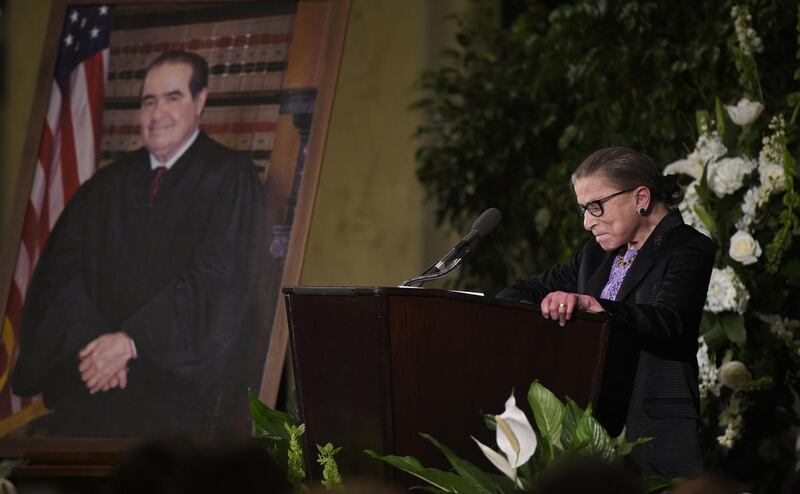Nearly 160 years ago, a crowded Springfield, Illinois, statehouse filled with Republican statesmen awaited a much-anticipated speech by their newly nominated candidate for U.S. Senate, Abraham Lincoln. At 8 p.m., Lincoln delivered a speech that many considered to be politically incorrect and far too radical for its time. While his strong rhetoric would lose him the election for Senate, it would ultimately contribute to his winning the presidency just two years later. Invoking the words of Christ, Lincoln declared, “A house divided against itself cannot stand.”
Just as slavery was the divisive issue of Lincoln’s day, our union again suffers from severe ideological division. One of today’s most glaring concerns is political polarization and the toxic fuel that feeds it. Although it may not be as facially deplorable as slavery, its effects may lead to similar consequences. This observation is far from revelatory; after all, since the dawn of our nation, our two-party system has resulted in vigorous, often ugly, partisan politics (just ask Alexander Hamilton and Aaron Burr). Nevertheless, the poisonous rhetoric spouted today by agenda-driven media members, grandstanding politicians and intellectually dishonest citizens and celebrities from both sides of the aisle has twisted the knife in the side of our deeply divided house.
Recent statistics from VoteView show that Republicans and Democrats in Congress are further apart politically than at any time since the end of the Reconstruction Era. Perhaps even more telling, however, is a 2014 Pew Research study revealing skyrocketing partisan animosity. In each party, those with highly negative views of the opposing party have more than doubled over the past 20 years. With this in mind, the question must be asked: What happened to the lost arts of civil discourse and compromise, which in days past led to our finest feats?
Our nation’s history is filled with examples of successful compromise, though perhaps none more famous than the Great Compromise of 1787. Had the advocates of both the large state and small state plans refused to concede parts of their individual demands, our nation as we know it would not exist today. George Washington himself recognized the importance of compromise when he said, “To please all is impossible and to attempt it would be vain.” Instead of drawing ideological hard lines that would impede any and all possible progress, the Founders sought common ground, which ultimately achieved the broader goal of creating a more perfect union.
On civil discourse, Dwight Eisenhower stated, “We need to celebrate diversity of thought, not pummel those with whom we may disagree. Civil discourse should be, above all else, civil.”
No two people have epitomized such civility in the face of opposition better than Justices Ruth Bader Ginsburg and the late Antonin Scalia. While their respective ideologies could not have been more different, they shared a close personal relationship filled with civility and mutual respect.
Upon the passing of Scalia, Ginsburg penned the following: “We disagreed now and then, but when I wrote for the court and received a Scalia dissent, the opinion ultimately released was notably better than my initial circulation. Justice Scalia nailed all the weak spots — the ‘applesauce’ and ‘argle bargle’ — and gave me just what I needed to strengthen the majority opinion.”
These brilliant American jurists demonstrated that while we may not change the mind of another, respecting others with opposing views and striving to hear and understand them can reshape the way we think about and present our views. It is the art of honest, civil discourse and persuasion — not half-truths and intolerance — that can truly effect lasting change in the world.
Until the forgotten arts of civil discourse and compromise return to the nightly news hour, the halls of Congress and the streets of America, our house will remain divided. Consider this note a nonpartisan, civil “call to arms.”
Clint is a third-year law student at Washington and Lee University School of Law and is a graduate of the University of Utah. He lives in Lexington, Virginia, with his wife and two children.


